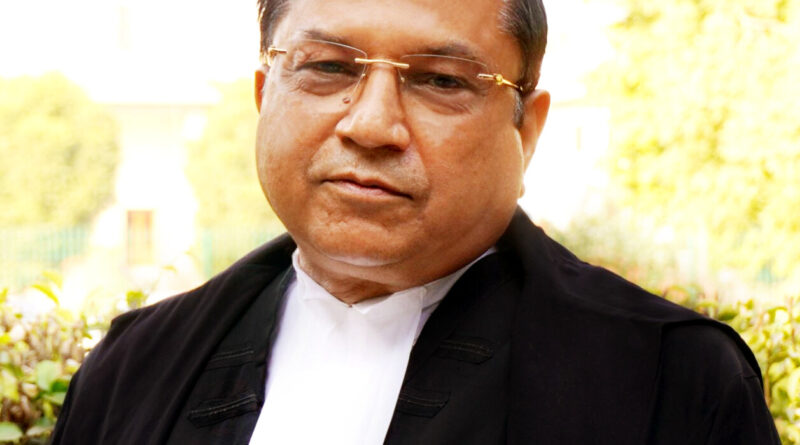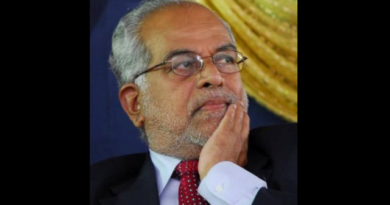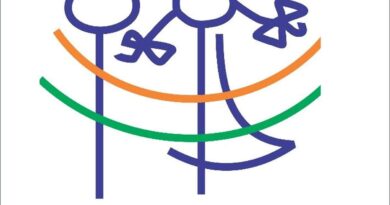Digital Rights at Stake? Adish Agarwala Petitions Delhi HC Over Blocked WhatsApp Account
(By Syed Ali Taher Abedi)
Delhi, November,25,2025: Senior Advocate and former Supreme Court Bar Association President Adish Agarwala has approached the Delhi High Court challenging the abrupt suspension of his WhatsApp account, alleging that the action has deprived him of access to crucial personal and professional data, including sensitive legal material.
In his petition, filed through Advocate Geeta Rani, Agarwala contends that the “arbitrary and unilateral” suspension of his account was carried out without any prior notice, show-cause intimation, or opportunity to remedy the situation—an omission that he says violates the principles of natural justice and constitutional safeguards.
Agarwala submits that the sudden deactivation of his account has had severe repercussions on his professional responsibilities. As a senior advocate handling a wide range of sensitive matters, he argued that the suspension prevented him from retrieving important legal briefs, communications, and confidential client information stored on the platform. The petition stresses that such an abrupt denial of access has not only caused professional hardship but also compromised the continuity of legal proceedings in which he is involved.
He has urged the court to declare the suspension and the lack of any meaningful grievance-redressal mechanism as “unconstitutional, illegal, and violative of Articles 14, 19(1)(a), 19(1)(g), and 21 of the Constitution of India.” The plea asserts that access to digital communication platforms, particularly for professionals engaged in time-sensitive work, forms part of the right to equality, freedom of speech, freedom to practice one’s profession, and the right to livelihood and privacy.
The petition also highlights the growing dependence of legal practitioners on digital platforms like WhatsApp for professional communication and record maintenance. In such a landscape, Agarwala argues, unilateral suspension of access—without transparency, due process, or a structured appeal mechanism—raises serious concerns about accountability and fairness.
The matter is expected to come up for hearing shortly before the Delhi High Court.




